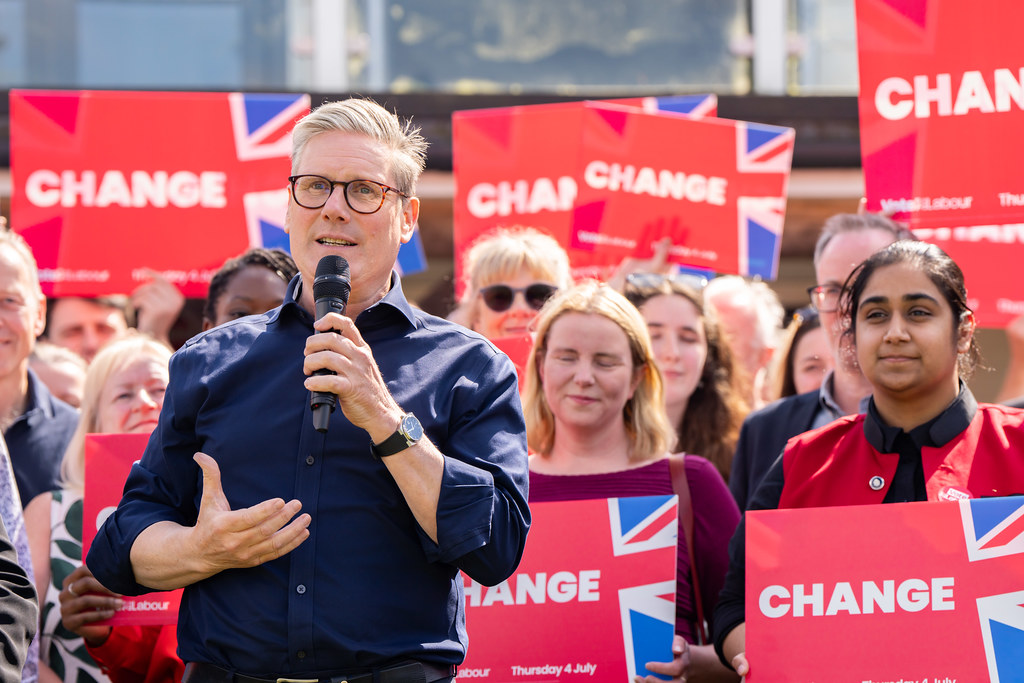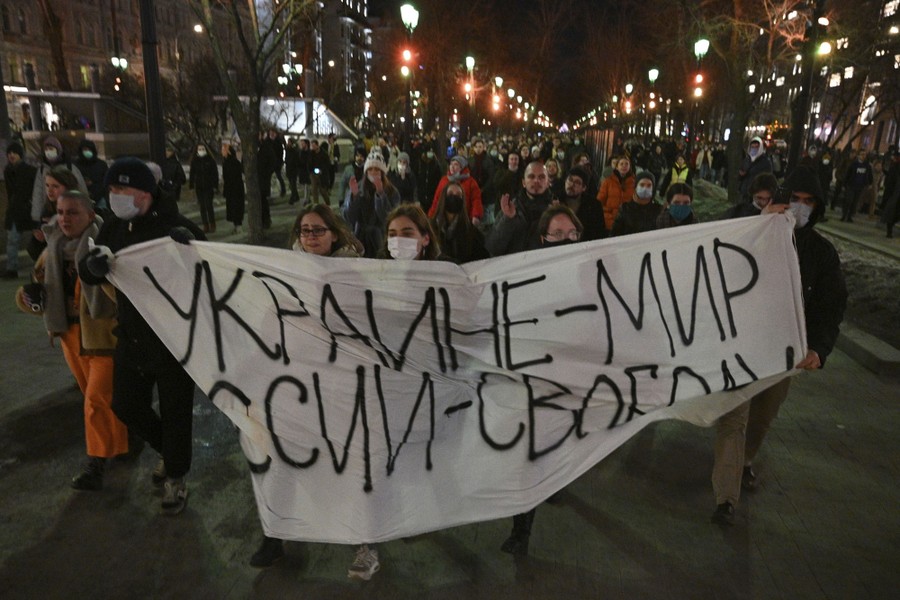After 14 years of ignominious Tory rule, Labour ousted the Conservatives by winning 411 to 121 seats in the 650-seat House of Commons. On the face of it, this is massive victory for the left in politics, a welcome change from far-right victories that have come out of Europe, and an endorsement of Keir Starmer’s strategy of taking the Labour Party to right.
However, if we delve below the headlines a very different story emerges. Labour is not as strong as its parliamentary majority suggests. In fact, its electoral support has declined. Neither has the trend in Europe towards the far-right been bucked in the UK. The general election saw the rise of Reform UK, a far-right, anti-immigrant party led by Nigel Farage, formerly head of the Brexit Party, and of the United Kingdom Independence Party before that. The same politics of neoliberalism and concessions to racism that have been a gift to the far-right in Europe applies in full force in the UK. The new Labour government under Starmer promises to be more right-wing than any previous Labour government, with the possible exception of that of Tony Blair. The evident danger is that, having tried Labour, the party supposedly of the working class, people’s disappointment with the “left” will manifest itself in a backlash in favour of the far right.
The evidence of the weakness of Labour support is stark. In this election, Labour under Starmer obtained 9,704,655 votes. In the previous 2019 election, Labour under Jeremy Corbyn obtained 10,629,051 votes, which was portrayed as a disaster in the mass media and got Corbyn the sack as Labour Leader. In 2017, under Corbyn, Labour got 12,877,918 votes. This year people were not inspired to vote: turnout was 59.9 percent, down from 67.3 percent last time. In vote share terms, Starmer’s Labour only managed to achieve 33.7 percent, which was only 1.6 percent more than Corbyn’s 32.1 percent in 2019 in an election when the Blairites within undermined Labour’s campaign. In 2017 Labour under Corbyn won 40.0 percent of the vote. Given that the Tories had become so reviled, it is incredible that Starmer’s Labour could perform so badly this time. Labour managed to win 411 seats only because of the vagaries of the first-past-the-post electoral system in a situation where the right was split between the Conservatives and Reform. This was an election lost by the Conservatives rather than won by Labour.
Since becoming Labour Leader in 2019 Starmer’s constant refrain has been that he has changed the Labour Party, laying false charges of anti-Semitism. In 2020 he had Jeremy Corbyn suspended and has generally purged the Party of left-wing individuals. Starmer claims that he has made Labour electable. This is nonsense.
Islington North and Holborn & St Pancras are neighbouring constituencies (electorates) in London. Poignantly, Jeremy Corbyn, by now expelled from Labour, was an independent candidate in the one and Keir Starmer a candidate in the other. Corbyn trounced the Labour candidate, winning 24,120 votes, whereas Starmer’s vote was 18,884, his vote share being down by 17 percent thanks to the challenge of a pro-Palestine independent.
On these election results, the far-right Reform is the third largest party in the UK, having picked up 4,117,221 votes. This was 600,000 more than the Liberal Democrats. But while the Lib-Dems got 72 MPs elected, Reform only got 5, which clearly does not represent their real strength. Reform aims to be the real opposition to the Labour government while the Tories will only have that nominal official role. Within days of taking over the government, Labour has already announced pro-business and anti-immigrant policies. They are to weaken planning controls to allow private sector developers trash the environment. In fact, Labour’s flagship policy is to support business. On immigration the new government has announced strengthened ‘border security’. There is no change to Starmer’s pro-Israel, pro-US stance on the Gaza genocide. These are gifts to the right.
The only way to prevent fascist and right-wing movements developing under the Starmer is to build a left-wing alternative to Labour that can raise hopes and activity among the working class. There are glimpses of the possibilities in the general election results.
Corbyn’s big win as an independent is but one example. Unfortunately, Corbyn’s whole political career suggests that he is unlikely to support a breakaway from Labour. There has been the development of a massive movement to the left of Labour on the single question of Palestine solidarity. Apart from Corbyn, four other pro-Palestine independents were elected in previously Labour-held constituencies. Other pro-Palestine independents did not win, but took votes off Labour and came second in their constituencies. Typically, their campaigns took on issues of the health service and housing, as well as Gaza.
The Greens attracted 1,841,888 votes and won four seats. In two contests – in Bristol and Brighton – they ran left-wing campaigns. On the other hand, in two rural areas they dropped left politics to win over ex-Tory voters.
George Galloway’s Workers Party of Britain fielded 152 candidates and picked up 210,194 votes. The Trade Unionist and Socialist Coalition had 40 candidates and got 12,562 votes.
The most impressive independent socialist result was Michael Lavalette’s in Preston where he came second with 8,715 votes.
This survey indicates that there is an extensive, but disparate, left-wing sentiment in the UK. The question is can sufficient fragments of the left unite in common action – over Palestine, workers’ struggles, racism, transgender oppression, the environment and every curse that capitalism rains down on us? Common action must include electoral work when local elections and any by-elections come round, but it is the ongoing struggles between elections that count more.
If the left fails, the far right will surely gain.
Cover image: “General Election campaigning, Reading, United Kingdom – 18 June 2024” by Keir Starmer is licensed under CC BY-NC-ND 2.0









